Infrastructure
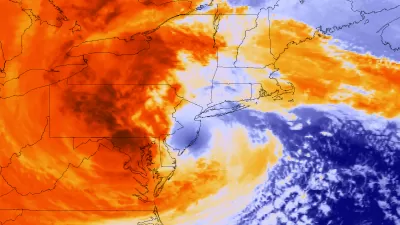
Jail the Planners for Not Preventing Sandy!
Ed Blakely indicts the planning profession for failing to protect our communities from the threat of a changing climate. How can we plan places that serve as bulwarks from the worst physical traumas, while providing economic and social resiliency?
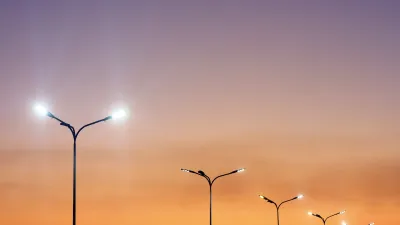
How Smart Street Lights Can Help Cities Achieve Sustainability Goals
Switching to energy-efficient LEDs and using tech to program when and how street lighting operates can save cities millions in electricity expenses and bring down carbon emissions.
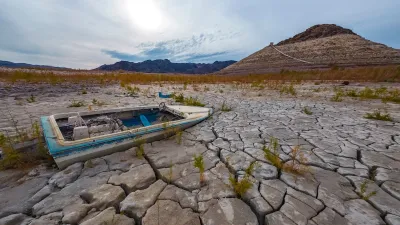
NOAA: Southwest ‘Megadrought’ to Persist
Roughly 40 percent of the 48 lower U.S. states are currently in some state of ‘abnormally dry conditions.’
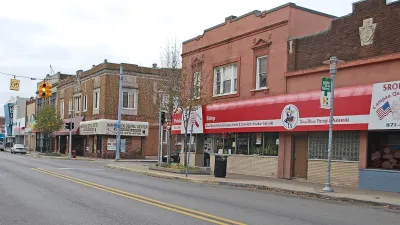
Research: Walkability Linked to Improved Public Health
A study reveals that the density of city blocks is a significant factor in communities’ walkability and, subsequently, improved public health outcomes for residents.
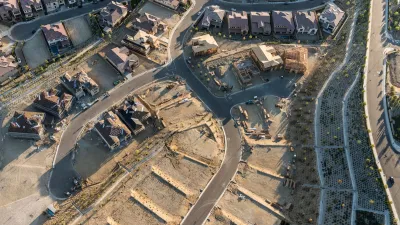
Report Outlines Strategies for Resilient Wildfire Recovery in LA
Project Recovery offers a roadmap for rebuilding more sustainable and climate-resilient communities after wildfires and other disasters.
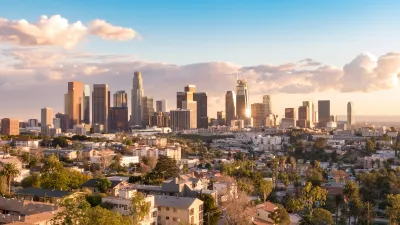
Shaping LA’s Future: Public Voting Opens for LA2050 Grants
The LA2050 Grants Challenge invites Angelenos to vote on the top issues facing Los Angeles, helping direct $3 million in funding to organizations working to build a more connected and resilient region.
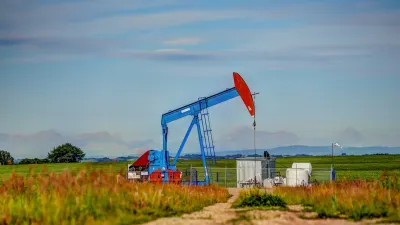
Alberta’s Orphan Well Cleanup Plan Sparks Debate Over Use of Public Funds
Alberta’s upcoming plan to address nearly 80,000 abandoned oil wells has sparked controversy over the potential use of public funds, despite government claims that taxpayers won’t be footing the bill.
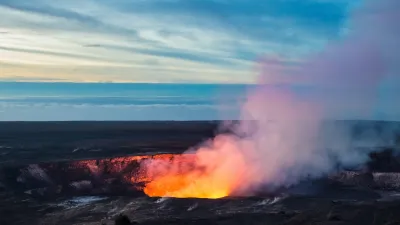
Can Geothermal Energy Fuel Hawaiʻi’s Future?
Gavin Murphy, a New Zealand-based consultant with experience in indigenous-led geothermal projects, argues that Hawaiʻi is poised to achieve energy independence and economic growth by respectfully developing its untapped geothermal resources.
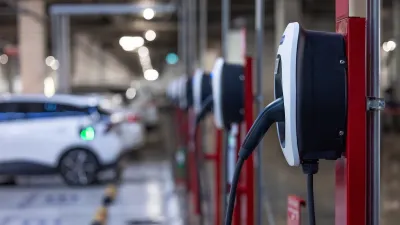
Electric Surge: EV Chargers Outnumber Gas Nozzles in California
California now has 48% more electric vehicle chargers than gasoline nozzles, reflecting its rapid shift toward clean transportation and aggressive zero-emission goals despite federal pushback.
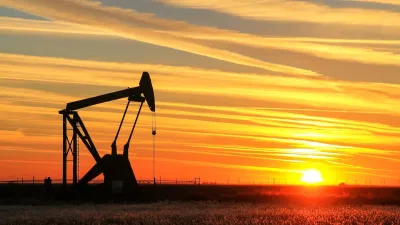
How Orphan Oil Wells Threaten West Texas Communities
Abandoned and orphaned oil wells in West Texas are causing costly environmental hazards like sinkholes and leaks, prompting urgent calls for increased funding and regulation to address a growing statewide and national crisis.

Research Shows More Roads = More Driving
A national study shows, once again, that increasing road supply induces additional vehicle travel, particularly over the long run.

Can Progressive Planners Appeal to Conservative Principles?
Trump’s approach to policies like NYC’s congestion pricing isn’t just irrational and wasteful — it defies the tenets of conservatism. But there are ways to reframe the issues.
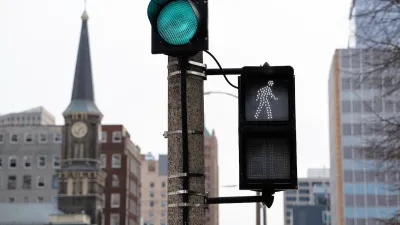
Milwaukee Announces 60 Traffic Calming Projects for 2025
The city has successfully reduced traffic deaths and aims to eliminate them completely within the next decade.
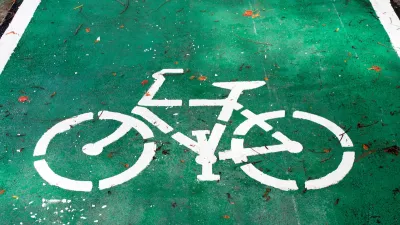
OKC Approves 7.2 Miles of New Bike Lanes
The city council is implementing its BikeWalkOKC plan, which recommends new bike lanes on key east-west corridors.
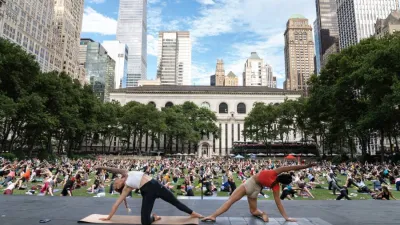
The Panacea of Outdoor Human Movement
Humans relish in over-complicating things, but the sweetest and healthiest things in life are the simplest.
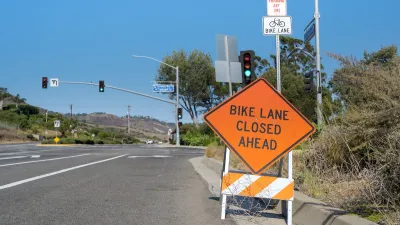
USDOT Could Pull Green Infrastructure Grants
A new department memo requires a review of projects with the goal of removing bike, pedestrian, and electric vehicle infrastructure.
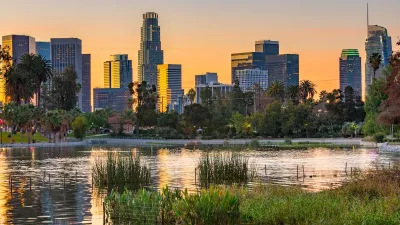
Expanding Green Spaces in Greater LA: Challenges and Solutions
Creating parks and open space in L.A. County requires overcoming land scarcity, high costs, and other challenges through strategic partnerships, innovative multi-benefit designs, and policy reforms to ensure equitable access and sustainability.
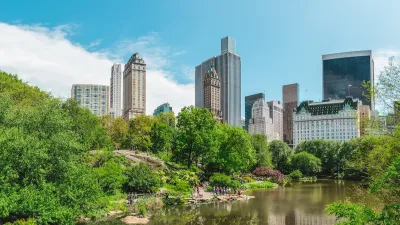
Public Parks as Climate Resilience Tools
Designed with green infrastructure, parks can mitigate flooding, reduce urban heat, and enhance climate resilience, offering cost-effective solutions to environmental challenges while benefiting communities.

What the Proposed Federal Budget Means for Transit, Rail
The proposed FY 2025 budget keeps spending for public transit and passenger rail essentially the same as in 2024.

Disconnecting Communities: Measuring the Social Impacts of Freeways
Research from 50 major U.S. cities shows social connections are weakest in neighborhoods where highways are present.
Pagination
Urban Design for Planners 1: Software Tools
This six-course series explores essential urban design concepts using open source software and equips planners with the tools they need to participate fully in the urban design process.
Planning for Universal Design
Learn the tools for implementing Universal Design in planning regulations.
City of Moreno Valley
Institute for Housing and Urban Development Studies (IHS)
City of Grandview
Harvard GSD Executive Education
NYU Wagner Graduate School of Public Service
City of Cambridge, Maryland
Newport County Development Council: Connect Greater Newport


































